Ten Muslim-friendly cosmetic brands
Once considered a niche market, halal cosmetics have become a global phenomenon, with a market projected to exceed $117.8 billion by 2028. More brands are now reformulating products, pursuing halal certification, and appealing to a new generation of consumers who care about purity and purpose as much as pigment and performance.
For Muslim consumers, halal cosmetics promise a way to practice self-care without compromise. It refers to products that comply with Islamic law, being free from alcohol, pig derivatives, and animal by-products, and manufactured under ethical and hygienic conditions.
This becomes especially important as certain mainstream cosmetics use ingredients that are considered haram due to their use of pig-derived collagen, lanolin alcohol, or carmine, a pigment derived from crushed insects. Even products as common as nail polish can pose challenges, since traditional formulas prevent water from reaching the nail — an issue for Muslim women performing wudu (ablution before prayer). Halal nail polishes are specifically designed to be water-permeable and breathable, offering both style and spiritual ease.
Why halal certification matters
In a crowded beauty market filled with “natural” and “clean” claims, halal certification provides a unique layer of trust. A halal-certified product has been vetted by a recognized Islamic authority, such as JAKIM (Malaysia), LPPOM-MUI (Indonesia), IFANCA (USA), or Halal Certification Europe (UK), to ensure compliance with Islamic standards.
With that in mind, here's a list of ten Muslim-friendly brands that balance faith, quality, and innovation to define what modern halal beauty looks like.
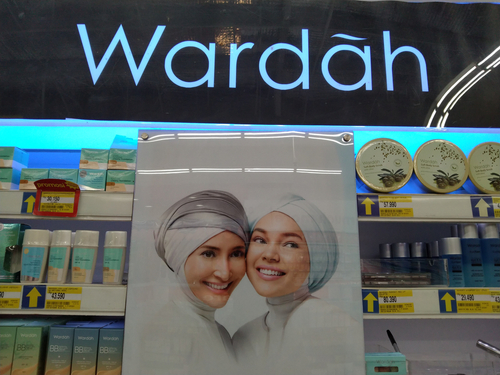
Wardah (Indonesia)
The region’s standard-bearer for halal beauty, Wardah is certified in Indonesia and has become a mass-market powerhouse across Southeast Asia. In 2025, it again ranked as the number one beauty brand in Southeast Asia, surpassing global giants, underscoring the mainstream adoption of halal beauty. Wardah publicly positions its products as safe and halal; Indonesian halal rules are tightening too, with full halal certification mandatory for cosmetics by October 2026, further entrenching leaders like Wardah.
Why it ranks: Scale, certification pedigree, and brand leadership across a Muslim-majority region.
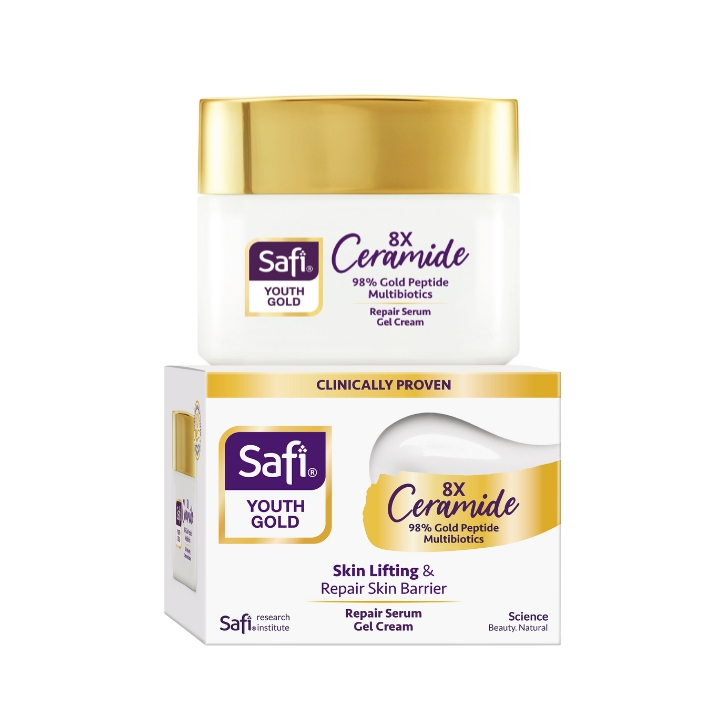
Safi (Malaysia)
A household name at home and increasingly visible abroad, Safi bills itself as “100% HALAL” certified by JAKIM, Malaysia’s national authority, and promotes alcohol- and gelatin-free formulations. It is widely marketed as Malaysia’s No. 1 halal brand and has expanded from skincare to hair and body care.
Why it ranks: Strong JAKIM credentials and deep penetration in one of the world’s most mature halal-personal-care markets.
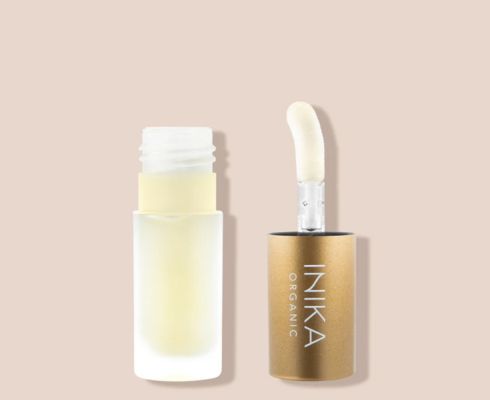
INIKA Organic (Australia)
INIKA is a rare global clean-beauty label that is explicitly certified halal, alongside certified organic, vegan, and cruelty-free credentials, and is sold in more than 35 countries. That combination makes it a go-to choice for Muslim consumers seeking premium, plant-based formulations that are free from alcohol and animal by-products.
Why it ranks: INIKA has an international distribution, along with multiple third-party certifications, including halal, which contribute to its popularity.
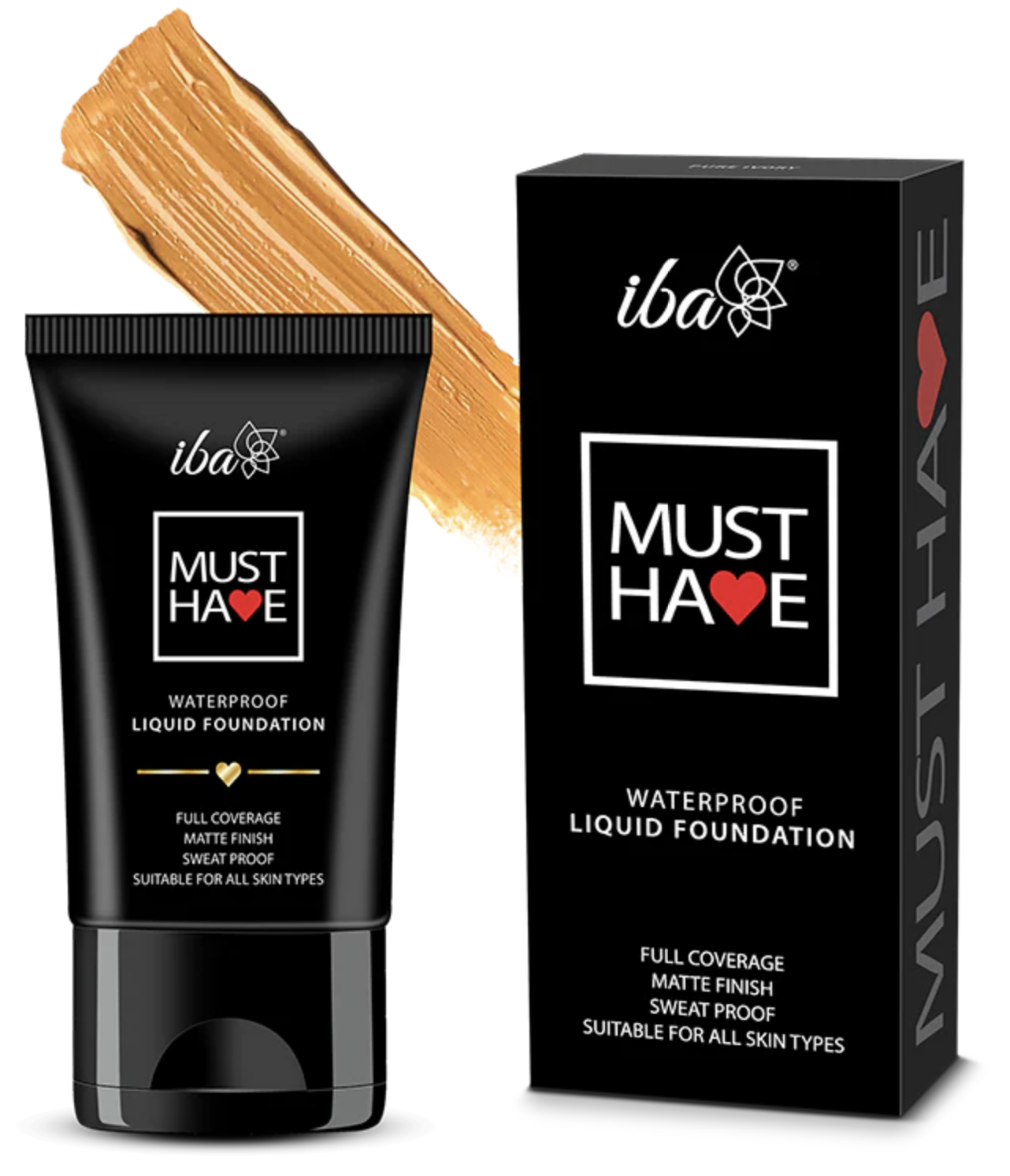
Iba (India)
Iba markets itself as India’s No. 1 vegan and halal-certified brand, offering cruelty-free color cosmetics, skincare, and fragrance. Its positioning is tailored to a massive, price-sensitive market where halal and “clean” cues increasingly overlap.
Why it ranks: First-mover advantage in India with clear halal branding and broad product lines.

786 Cosmetics (USA)
Best known for its nail polish, 786 combines fashion-forward shades with halal certification (GIC International), PETA's vegan/cruelty-free verification, and lab-tested water permeability (SGS), addressing key concerns for wudu-friendly users.
Why it ranks: Clear, multi-layer certification and global DTC reach in a category that Muslim consumers scrutinize most.
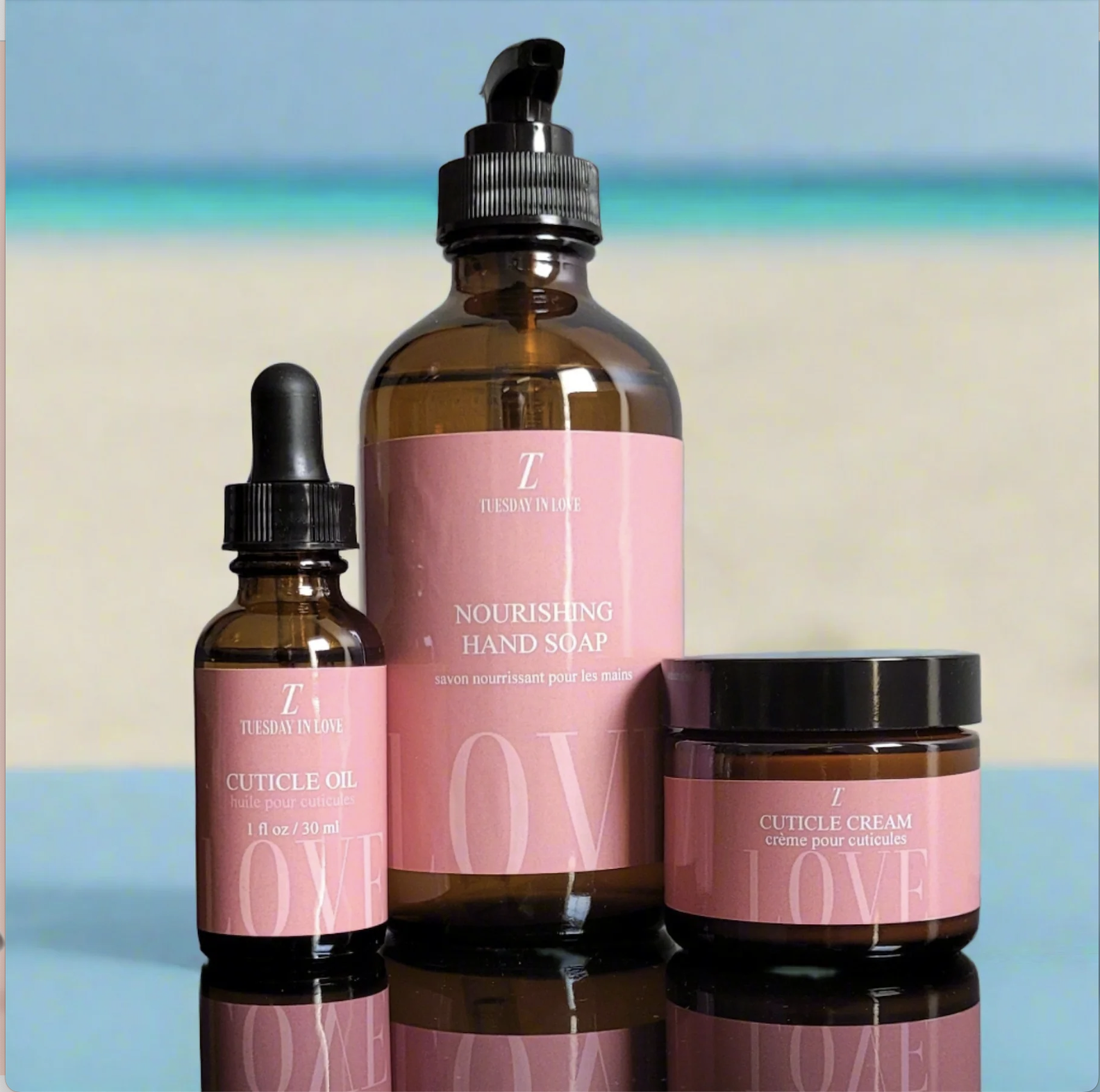
Tuesday in Love (Canada)
A pioneer of ISNA Canada-certified halal nail polish (and now gels) with published statements on ingredients and permeability. The brand leans heavily into compliance communications, which is exactly what many donors and shoppers say builds trust.
Why it ranks: Robust, recognizable North American certification and strong education around wudu-friendliness.
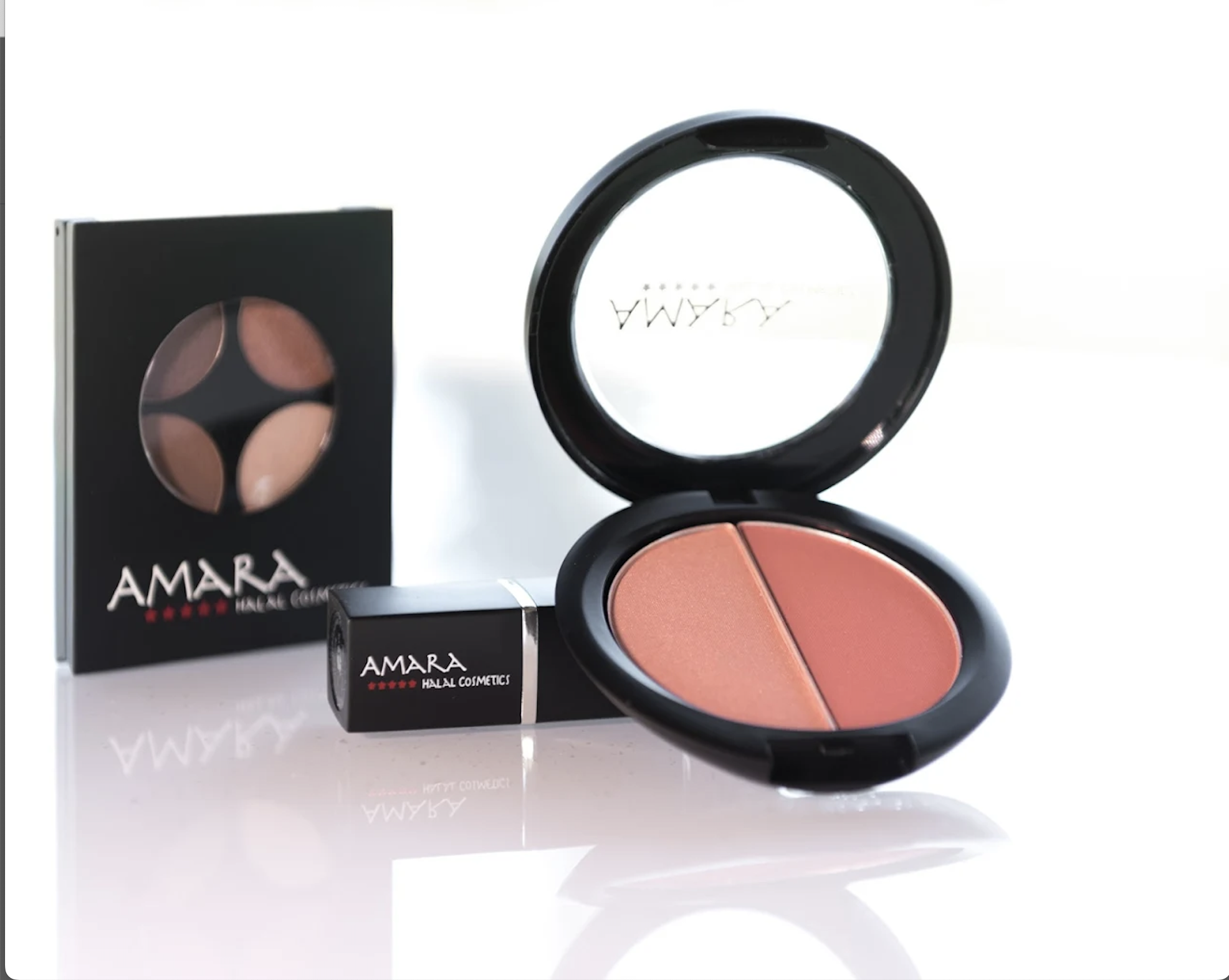
Amara Halal Cosmetics (USA)
Among the earliest U.S. halal color brands, products are IFANCA-certified on select SKUs and free from common “no-go” ingredients. It helped define the halal makeup category for English-speaking markets.
Why it ranks: Legacy halal player with certification from a respected U.S. body.
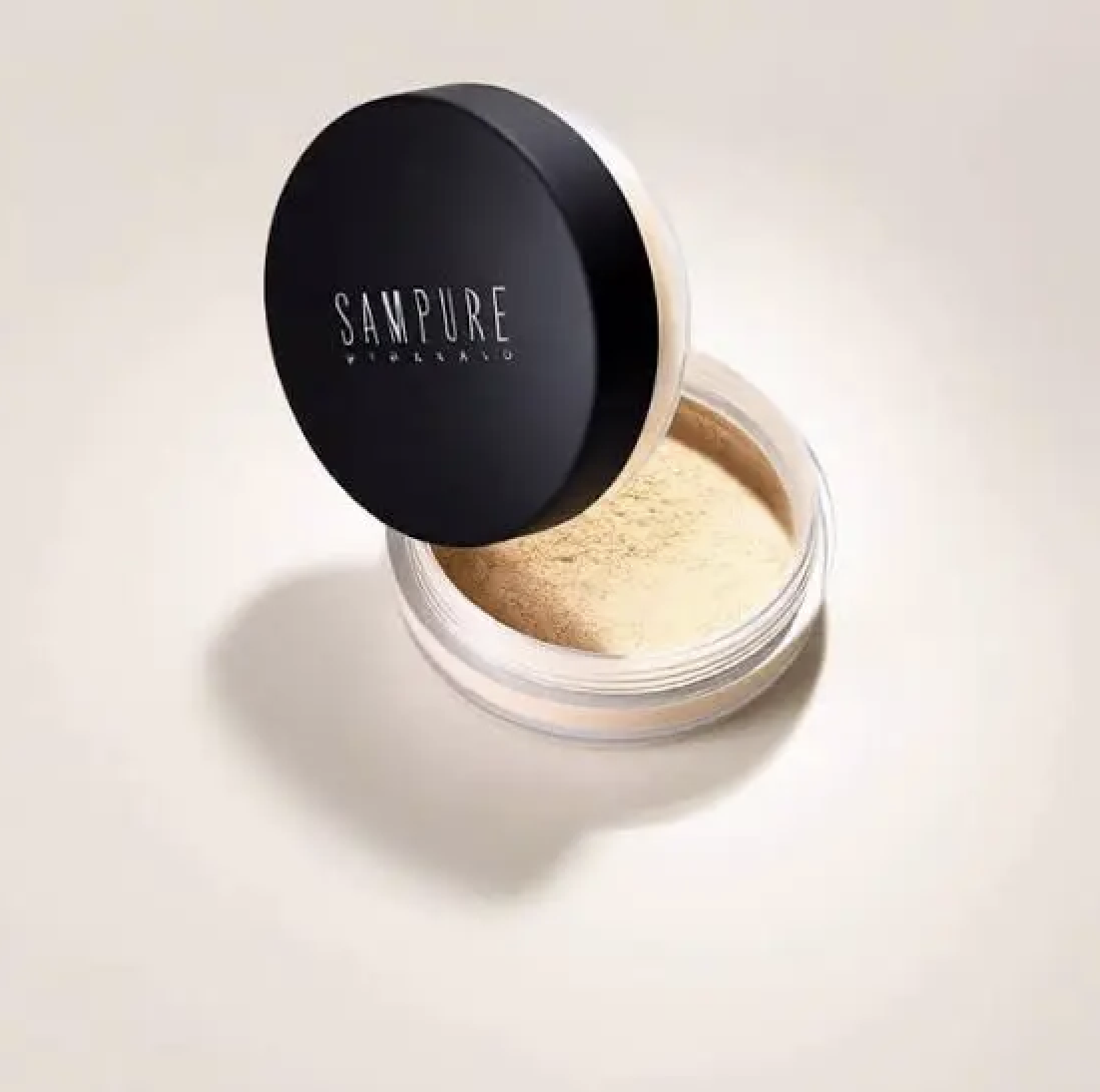
Sampure Minerals (UK/Europe)
Sampure bills itself as Europe’s first halal-certified makeup line, offering mineral-based foundations, blushers, and lip colors. It remains a reference point for halal mineral makeup in EU/UK retail.
Why it ranks: Early halal pioneer in Europe, along with a continued niche following for mineral formulas.
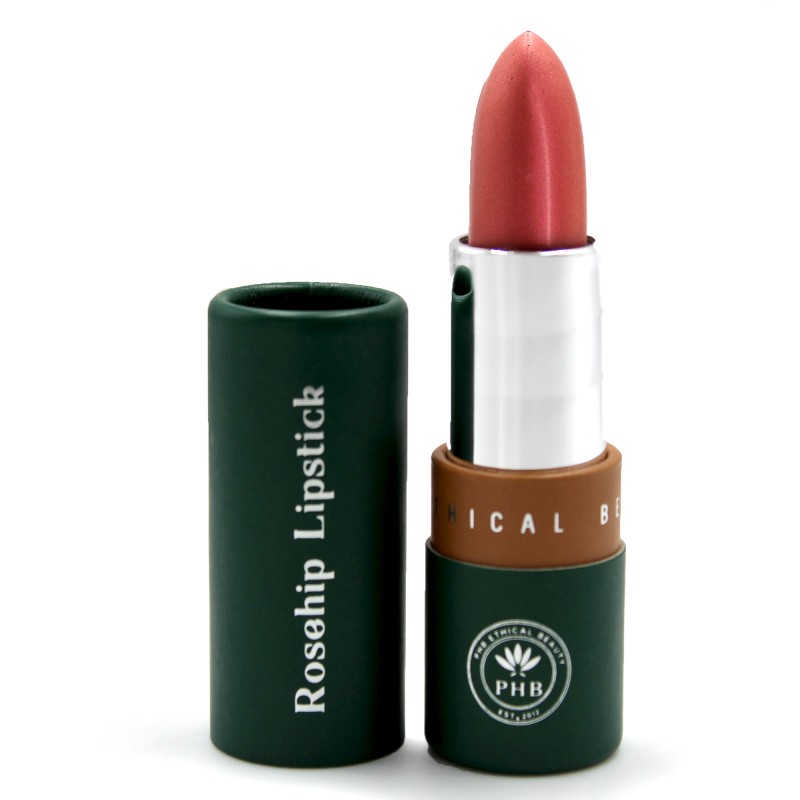
PHB Ethical Beauty (UK)
A British indie label combining vegan, cruelty-free, and halal-certified positioning, sold through ethical beauty retailers across Europe. It appeals to consumers who want halal compliance and a low-tox, planet-friendly ethos.
Why it ranks: Verified halal offer within a broader ethical framework that resonates with younger Muslim shoppers.
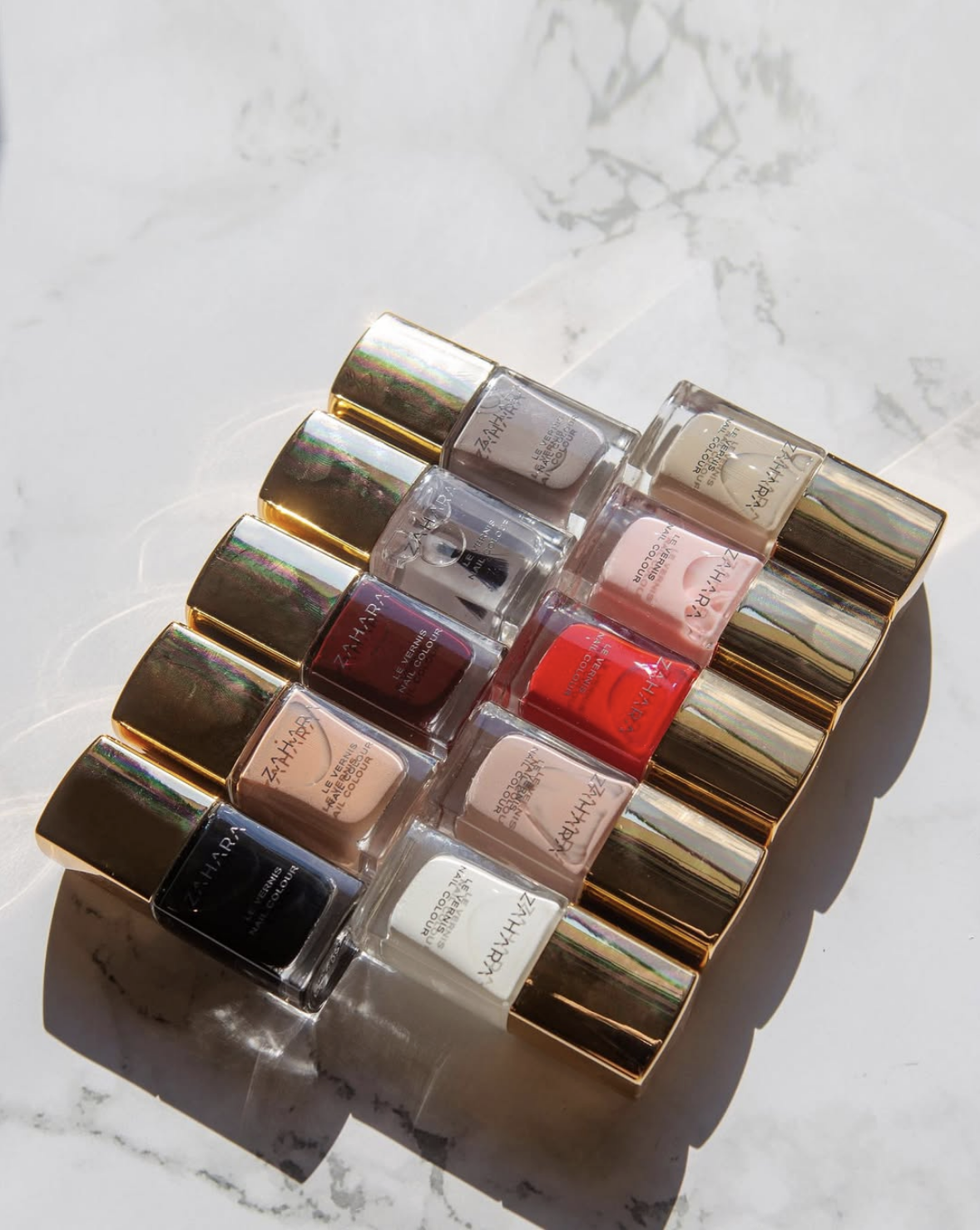
Zahara (Singapore)
Best known for halal, breathable nail polish. Singaporean founder Amira Geneid has been a prominent voice on halal makeup, with media features explaining ingredient and permeability testing.
Why it ranks: Category specialist in wudu-friendly polish with Southeast Asian roots.
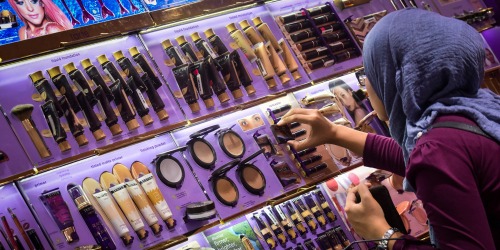
Muhammad Ali Bandial